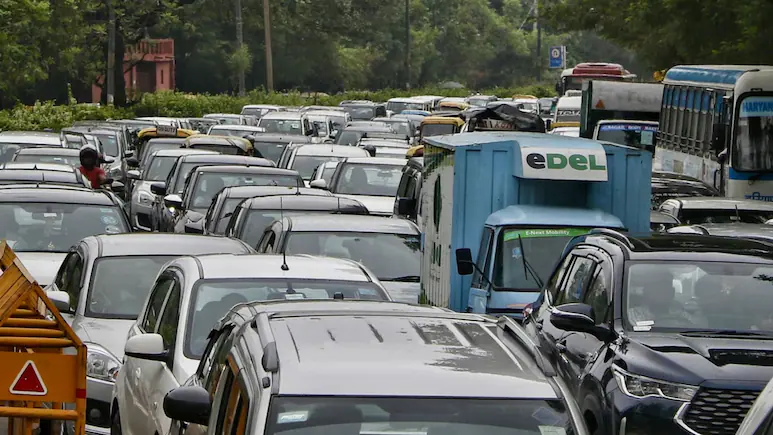Maharashtra Mulls ‘No Parking, No Car’ Rule to Tackle Urban Traffic Woes
In a proactive step to combat the escalating issue of traffic congestion in major urban centers, the Maharashtra state government is reportedly considering the rollout of a ‘No Parking, No Car’ policy. This forward-thinking initiative is aimed at curbing the rise in private vehicle ownership while promoting public transportation, walkability, and shared mobility alternatives.
Draft Policy Under Review for Key Cities
According to top officials from the Urban Development Department, a preliminary draft of the policy is under evaluation and may be released for public feedback by the end of June. The proposed regulation would initially focus on densely populated cities like Mumbai, Pune, Thane, and Nagpur — all of which are grappling with a surge in vehicle numbers, contributing to worsening air quality and daily traffic gridlocks.
Addressing the Root of Urban Congestion
Under the ‘No Parking, No Car’ proposal, new vehicle buyers would be required to furnish proof of legal parking space before being granted permission to register their vehicles. Similar models have seen success in high-density urban areas like Tokyo and Singapore, where parking constraints and environmental goals necessitated innovative transport policies.
Urban infrastructure experts see this as a critical intervention. “Mumbai is adding around 800 new vehicles every day. Without adequate checks, the city’s roads will reach a breaking point,” warned Aniruddha Patil, a transportation researcher at IIT Bombay. He added that policies prioritizing sustainable mobility are urgently needed.
Mixed Reactions from Public and Industry
The policy has found support among city planners and environmental advocates, who argue it’s essential for creating livable urban environments. However, it has also drawn criticism from auto dealers and budget-conscious consumers. The Federation of Automobile Dealers Associations (FADA) has appealed to the government to ensure that the rule doesn’t hinder car ownership unfairly or harm the automobile sector.
Still, many residents are in favor of the initiative. “It’s time we start reclaiming our public spaces from parked cars. If we continue on the current path, we’re compromising the quality of life for future generations,” said Preeti Mehra, a longtime resident of Dadar.
Broader Mobility Strategy in Development
Alongside the proposed car ownership regulation, the state is working on expanding multi-level parking structures, cracking down on illegal parking, and incentivizing the use of electric and shared vehicles. Several pilot programs for AI-based smart parking systems are already being tested in parts of Navi Mumbai and Pune.
Efforts are also underway to strengthen last-mile connectivity and improve public transportation efficiency. The Brihanmumbai Municipal Corporation (BMC) is collaborating with local transit bodies to enhance the reliability and reach of services like BEST buses and the Mumbai Metro.
Conclusion
The introduction of a ‘No Parking, No Car’ rule could represent a major turning point in Maharashtra’s urban policy, aligning the state with forward-looking mobility models around the world. As climate change, pollution, and urban crowding intensify, this approach reflects a growing shift from vehicle convenience to environmental and infrastructural sustainability. Whether this proposal becomes a blueprint for other states will depend on its implementation and public reception in the months ahead.



